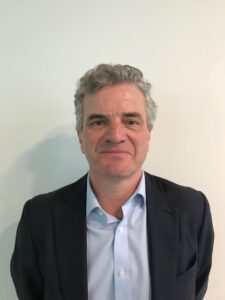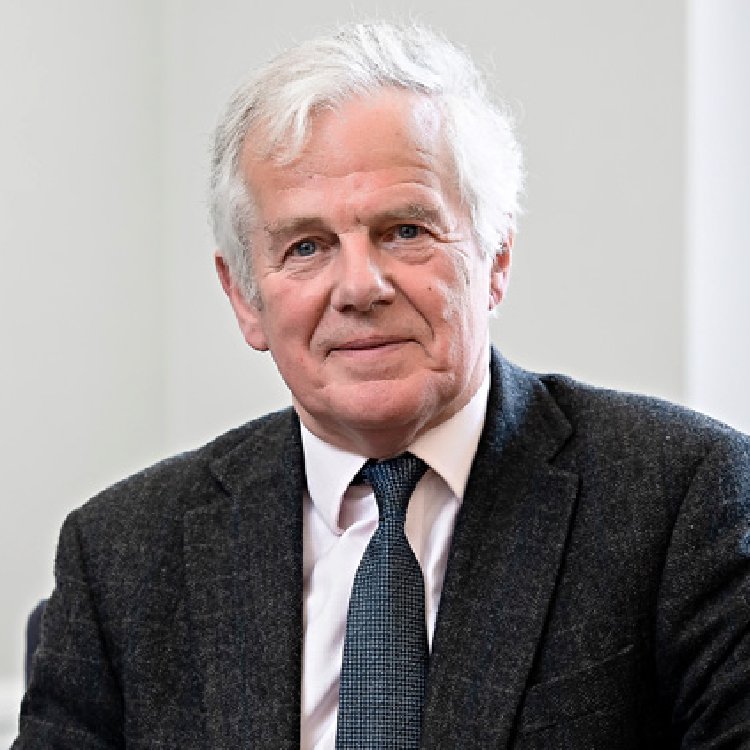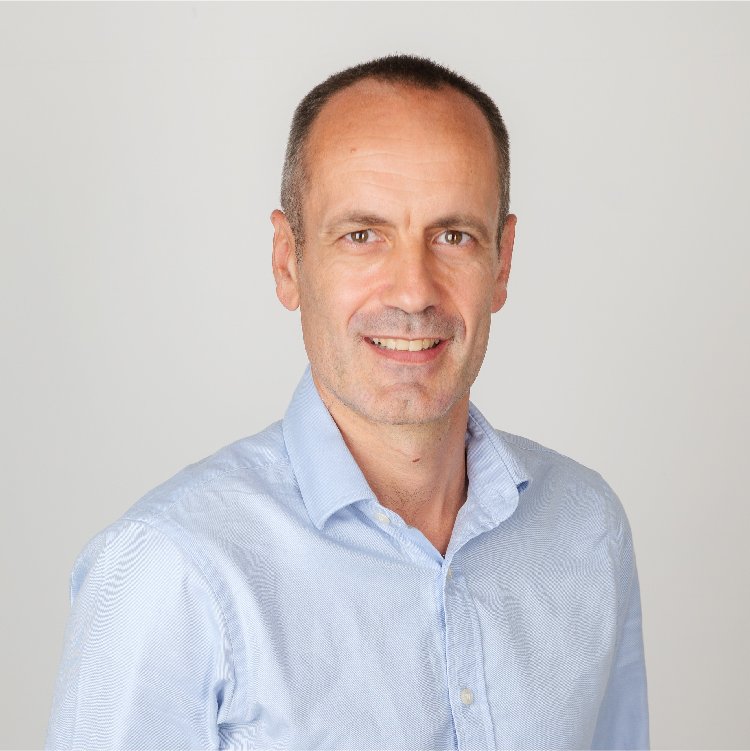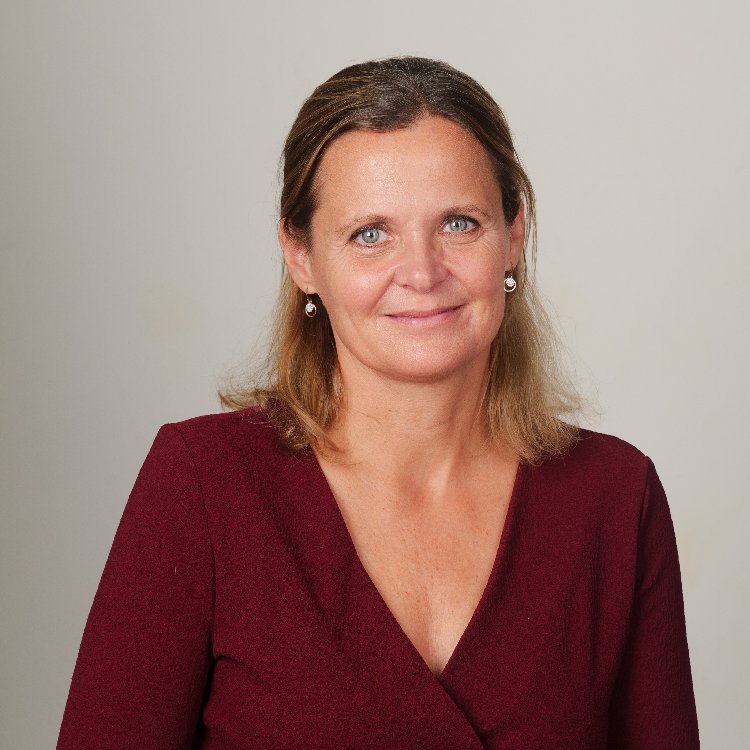This is not research, it is not a buy list, and these are not recommendations. Clients with an advisory mandate in place with LGB may contact us for opinions on the companies mentioned here. Please note that LGB has received fees from some of the companies mentioned in connection with equity and debt placings, and LGB directors and staff may hold positions in them.

Light Science Technologies designs, procures, and manufactures contract electronics manufacturing products. It offers printed circuit boards, used in various sectors, including audio, automotive, electronics, gas detection, lighting, and pest control. The company was incorporated in 2020 and is headquartered in Derby.
LST is developing and marketing advanced lighting and sensors to improve the energy efficiency of vegetables growing under cover. It was formed from an existing electronics assembly business, adding expertise in plant health and nutrition. The September 2023 Tomtech acquisition has considerably widened their product offering in horticulture and floriculture and brought them skilled staff and an established client base. The Injecta purchase in November 2023 created a third division for “passive fire protection”.
Long-term sectoral transformation in indoor farming is necessary to meet the UN sustainability goals, with modernising farming practices, reducing energy and other inputs, reducing environmental impacts (including food miles), and increasing productivity, all government priorities in the UK (as witnessed by the March grant). However, current revenues indicate that this remains potential rather than actual business.
LST claim that their key advantage is the ability to offer a full-service solution: from comprehensive design and proprietary products to ongoing consultancy services to optimise plant growth as well as full-time remote monitoring/control/maintenance for growers seeking high levels of automation. The business is pursuing a recurring revenue model by building long term partnerships with its customers obtaining revenues from upfront design and installation, ongoing monitoring and maintenance, as well as data analytics and software licensing. Higher energy prices should ultimately drive demand, though in the short term they are hitting potential customers’ ability to invest.
The share price roughly trebled after the last raise to around 3p, and reached that level again after the January trading statement- at the current 2.9p it has a market cap of £8.9m. The January trading statement showed progressive moves towards profitability. The value of the business will depend on their ability to expand the client base of their components business and to integrate and grow the acquisitions. Given the continuing but now diminishing impact of high energy prices on growers, the pace of this is very hard to project. The original UK Circuits business, with £900,000 of divisional EBIT in the year to November 2022 (not revealed for 2023 but implicitly higher), is large enough to justify a significant proportion of the current market cap on its own: the business it most closely resembles is AIM-listed Solid State (at an earlier stage of Solid State’s growth). Management subscribed for part of the most recent raise and own about 30% of the company.
Last Updated: 22/03/2024
On 22 March the company announced that they had been awarded a £188,000 government grant as part of a project they are leading to develop their SensorGROW plant growing technology platform to help increase food security and crop yields, with Bridge Farm, a leading UK horticultural expert, and UK grower Zenith Nurseries part of the consortium.
In early March the company appointed Dr Graham Cooley, who ran the fuel cell company ITM for some years, as Non-Executive Chairman, replacing the previous incumbent, and also replaced one of the non-executive directors. Cooley has built up a 7.12% stake in the company.
LST announced a £130,000 order in the “Sports Entertainment” sector on 8 February for their contract electronic manufacturing (CEM) division-and at the same time they mentioned that they had secured £1.4m of orders in pest control, presumably from core customer Rentokil, for delivery in their second quarter. The CEO mentioned that they had had a “great start” to the year in their CEM business, and that they had invested in new capacity.
The company released a trading statement to November on 10 January: the group saw revenue increase by approximately 13% to £9.25m (2022: £8.17m, and £4.4m in H1), driven by growth across each of the trading divisions. They also managed 20% cost savings and gross margins grew to c. 22.5% (2022: 17.7%, H1 20.9%), so the overall loss came down from £2.72m to c. £1.3m (£800,000 in H1). The core CEM division, UK Circuits and Electronics Solutions Limited, which is targeting a market worth £2.3 billion in the UK, had its best year on record.
LST announced on 20 November the purchase of Injecta Fire Barrier. The business appears to be largely unrelated to LST’s existing business lines, albeit it looks attractive in itself. Injecta makes fire barriers for retrofitting buildings without proper fire protection, a very substantial market that has emerged due to legislation since the Grenfell fire.
| LST LN Equity | 02-Jan-24 | 29-Dec-23 | 28-Mar-24 | vs. last Qtr | YTD |
|---|---|---|---|---|---|
| Price | 2.45 | 2.45 | 2.6 | 6.1% | 6.1% |
| Market Cap (£m) | 8 | 8 | 9 | 12.5% | 12.5% |
| 90d Volatility | 91% | 91% | 62% | - | - |
| Broker | Unnamed: 1 | Recommendation | Unnamed: 3 | Unnamed: 4 | Target | Unnamed: 6 | Update date |
|---|---|---|---|---|---|---|---|
| Sadif Investment Analytics | Team Coverage | buy | 5 | U | Not Provided | Mar 2024 | |
| Edison Investment Research | Anne Margaret Crow | corporate | M | Not Provided | Apr 2023 |
LGB & Co. Limited
Tintagel House, 92 Albert Embankment
London
SE1 7TY
| Cookie | Duration | Description |
|---|---|---|
| cookielawinfo-checkbox-analytics | 11 months | This cookie is set by GDPR Cookie Consent plugin. The cookie is used to store the user consent for the cookies in the category "Analytics". |
| cookielawinfo-checkbox-functional | 11 months | The cookie is set by GDPR cookie consent to record the user consent for the cookies in the category "Functional". |
| cookielawinfo-checkbox-necessary | 11 months | This cookie is set by GDPR Cookie Consent plugin. The cookies is used to store the user consent for the cookies in the category "Necessary". |
| cookielawinfo-checkbox-others | 11 months | This cookie is set by GDPR Cookie Consent plugin. The cookie is used to store the user consent for the cookies in the category "Other. |
| cookielawinfo-checkbox-performance | 11 months | This cookie is set by GDPR Cookie Consent plugin. The cookie is used to store the user consent for the cookies in the category "Performance". |
| viewed_cookie_policy | 11 months | The cookie is set by the GDPR Cookie Consent plugin and is used to store whether or not user has consented to the use of cookies. It does not store any personal data. |

Relationship Manager
Ellana joined LGB in March 2024 as a Relationship Manager for our investing clients. Prior to LGB, Ellana worked at Bellecapital, handling client relationships and supporting the portfolio management team. Ellana graduated with a First-Class in Mathematics from Cardiff University and has a Level 4 Investment Advice Diploma.

Adviser
Simon became an Advisor to the Board of LGB & Co. with a focus on business strategy and initiatives in March 2024. Simon has extensive experience debt capital markets and wealth management. He previously ran the client and then the investment business of Heartwood and became Chief Executive in 2008. He led its well-regarded acquisition by Handelsbanken in 2013. Simon subsequently became NED and Chair of AIM-listed WH Ireland Group PLC. He was also asked to represent the wealth management sector on the FCA Smaller Business Practitioner Panel from 2013-2016.

Finance Manager
Following a degree reading Chemistry at The Queen’s College, Oxford, Antonia trained to become a chartered accountant at a London-based audit firm. She then moved into the tax sector joining EY and completing the chartered tax adviser qualification. She then gained further experience working as a finance director within industry at a family office / hedge fund.

Founder and Chairman
Andrew founded LGB & Co. in 2005 and is the Chairman of the company. He has a particular focus on the development of strategic relationships with corporate clients and business partners. Prior to founding LGB & Co., Andrew was a Managing Director at Citigroup Global Markets, where he was responsible for its fixed-income business with private banks and retail institutions. Earlier in his career Andrew worked at Schroders in London and Tokyo. Andrew graduated from Oxford University with a degree in Modern History. He is a chartered member of the Chartered Institute for Securities & Investment.

Capital Markets Director
Fergus advises corporate clients looking to raise debt and equity capital. He is also responsible for the execution and ongoing management of LGB’s MTN Programmes. Fergus joined LGB in 2019 having started his career at Lloyds Banking Group on the graduate training programme, before moving to the Leveraged Finance division, where he focused on transactions with mid-market corporates and PE firms. Fergus holds an MSc in Petroleum Geology from the University of Aberdeen.

Adviser
Lisa has worked with LGB since 2015 in supporting the on-going cultural and organisational development of the firm, providing advice on strategic people matters. Since 2006, Lisa has been running her own consultancy and executive coaching business, People Possibilities Ltd. Her work is focused on supporting clients at an organisational, team and individual level to enable high performance,improve leadership capability and effect cultural and behavioural change. Previously Lisa has held senior HR leadership positions with Schroders, ABN AMRO and HSBC. Lisa graduated from the University of Birmingham with an honours degree in International Relations & French. She is a Fellow of the Chartered Institute of Personnel and Development (CIPD) and a qualified Executive Coach.

Adviser
Charles has played an important role in developing LGB & Co.’s investment approach by encouraging a focus on investing in businesses with strong IP or know-how with recurring revenue business models that can prosper throughout economic cycles. Charles brings over 30 years’ experience of investing in privately-owned and publicly-listed small and mid-market companies. He is a director of Larpent Newton & Co. and Hygea VCT plc. Charles qualified as a Chartered Accountant at Peat Marwick, now part of KPMG.
Programme size: £25m
Establishment Date: XX 2017
Number of issues: 20
Sector: Financial services
Focus: Loans and leasing
Programme size: £20m
Establishment Date: December 2017
Number of issues: 12
Sector: Marine tracking
Focus: Maritime surveillance and management

Associate
Ben joined LGB in October 2022 as an associate after spending three years as a credit analyst at 9fin, where he produced research on corporates in the European & US High Yield and distressed debt markets.Ben holds an MSc in Investment Management from Bayes Business School (formerly Cass) and is a CFA charter holder.

CEO
Cedric was appointed CEO in July 2022 after a period of 18 months as a COO. Cedric spent 15 years working on the energy and commodities sales and trading desks for global banks (BNP Paribas, BAML and MUFG). He gained extensive international exposure, being based in London and Singapore and covering transactions in all geographic regions. Cedric graduated from Global Executive MBA at INSEAD in 2018 and started working in the capital markets space for growth-stage companies. He is also a director of LGB.

Relationship Manager
Megan joined LGB in January 2021 as a Relationship Manager. She is responsible for all day-to-day transactions with investment clients and oversees the LGB Investments Platform and Deal Hub. Prior to LGB, Megan worked at Puma Investments, a tax-efficient investment provider, in the sales and investor services team. Megan graduated from the University of Bath with a Bachelor of Science degree in Psychology. Megan obtained the CISI Level 4 Diploma in Investment Advice in October 2021.

Investment Director
Ivan is LGB’s Investment Director: he is responsible for developing LGB’s investment proposition in the context of the broader market and economic developments. He regularly meets individual company management teams to seek out and monitor investment opportunities. Ivan has served as a senior adviser to the Equity Division of Société Générale, and was previously Managing Director in charge of equity sales for them in London. Earlier in his career, Ivan worked at Morgan Stanley, Lazards and Schroders. He has degrees in history from Cambridge University & London University, and an MBA from Cass Business School.

Managing Director
Simone is responsible for LGB & Co.’s business with investing clients, who include institutional investors, wealth managers and sophisticated private investors. Simone’s team provides access to a range of compelling investment opportunities with a particular emphasis on proprietary medium term note and equity transactions. Simone manages the portfolios of clients who have entered into advisory or discretionary investment agreements with LGB Investments, and advises the fund managers of the Guernsey-based LGB SME Fund. Prior to joining LGB & Co., Simone worked in the institutional fixed income department of Citigroup Global Markets. She began her career at Citigroup Private Bank in Geneva. Simone graduated from the University of Lausanne with a degree in HEC, Business Administration. She is a Chartered Member of the Chartered Institute for Securities & Investments.